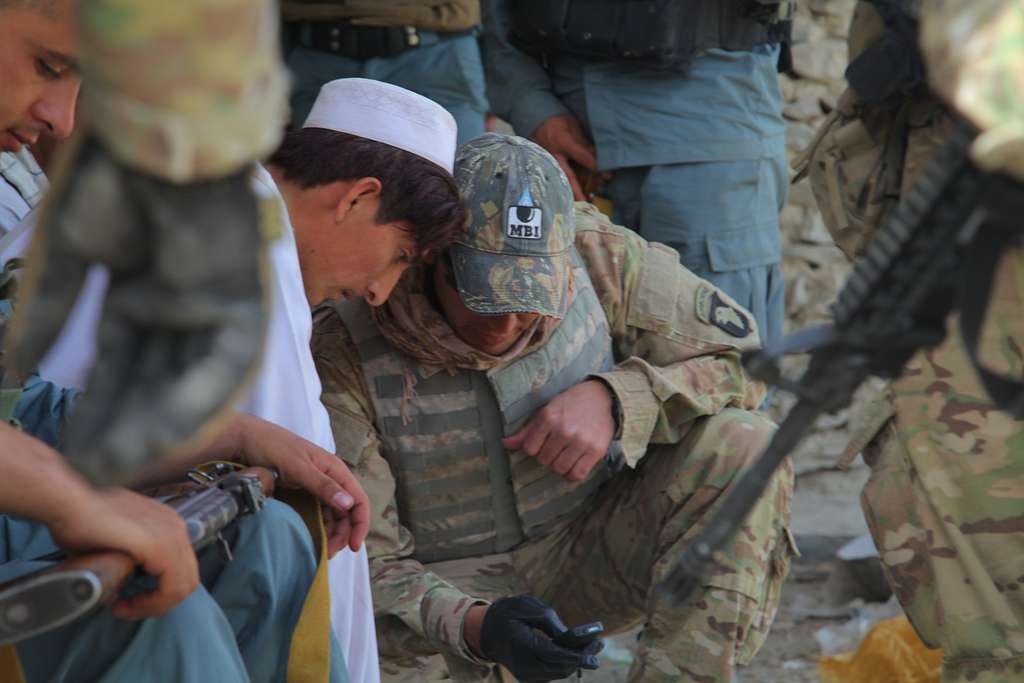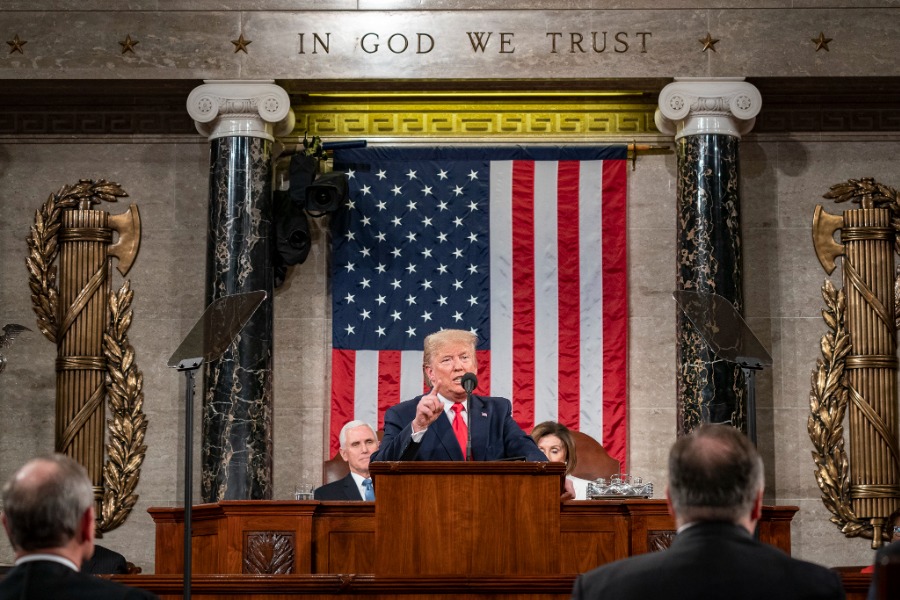The Significance of Harold Koh's Legal Defense of the Administration's Interpretation of the 2001 AUMF
Harold’s Koh’s grudging defense of the domestic legal basis for President’s Obama’s use of force against the Islamic State in Iraq and Syria is important. It adds little new to other defenses of the President’s position – a legal position, I have argued in past posts, is politically stupid and constitutionally imprudent but nonetheless legally defensible under Article II and the 2002 AUMF (but not the 2001 AUMF). Koh’s defense is nonetheless important because it definitively reveals the deat
Published by The Lawfare Institute
in Cooperation With

Harold’s Koh’s grudging defense of the domestic legal basis for President’s Obama’s use of force against the Islamic State in Iraq and Syria is important. It adds little new to other defenses of the President’s position – a legal position, I have argued in past posts, is politically stupid and constitutionally imprudent but nonetheless legally defensible under Article II and the 2002 AUMF (but not the 2001 AUMF). Koh’s defense is nonetheless important because it definitively reveals the death of the Obama administration's ambition to end what Koh has described as “the Forever War.”
On May 23, 2013, President Obama gave a speech at the National Defense University. One important point of the President’s speech – building on and consonant with earlier speeches by Jeh Johnson and Koh – was to set down a marker and a roadmap for ending the armed conflict with al Qaeda, hopefully by the end of the President’s second term. The President stated:
I intend to engage Congress about the existing Authorization to Use Military Force, or AUMF, to determine how we can continue to fight terrorism without keeping America on a perpetual wartime footing. The AUMF is now nearly 12 years old. The Afghan war is coming to an end. Core al Qaeda is a shell of its former self. Groups like AQAP must be dealt with, but in the years to come, not every collection of thugs that labels themselves al Qaeda will pose a credible threat to the United States. Unless we discipline our thinking, our definitions, our actions, we may be drawn into more wars we don’t need to fight, or continue to grant Presidents unbound powers more suited for traditional armed conflicts between nation states. So I look forward to engaging Congress and the American people in efforts to refine, and ultimately repeal, the AUMF’s mandate. And I will not sign laws designed to expand this mandate further. Our systematic effort to dismantle terrorist organizations must continue. But this war, like all wars, must end. That’s what history advises. That’s what our democracy demands.This vision of ending the Forever War was still on the table as recently as five and a half months ago, on the one year anniversary the President’s speech, when Koh wrote an essay at Just Security called Ending the Forever War: One Year After President Obama’s NDU Speech. Some highlights (with my emphasis added):
The President’s historic move in that speech was to call for the eventual repeal of the 2001 Authorization for the Use of Military Force (AUMF) and the end of what I had called at the Oxford Union the “Forever War.” The President cogently summarized why we should reject indefinite war in favor of an “exit strategy” to bring this protracted conflict with Al Qaeda, like all wars, to an end. . . . [W]e should keep trying to end the Forever War. Our eventual goal should be to repeal the AUMF. Almost thirteen years after 9/11, it is increasingly problematic to rely on the 2001 AUMF to conduct all of America’s counterterrorism operations. We should not use a broadly worded 13-year old AUMF text drafted for a prior situation to conduct perpetual armed conflict against a mutating group of terrorist networks. . . . Stepping back from the details, the broader message is this: one year after the NDU speech, it still seems possible for President Obama to reach his stated goal of “refining and ultimately repealing” the 2001 AUMF. Like much these days, the problem is not the law—it is the politics. No new legislation is better than bad new legislation. So our strategy should be either “wait then repeal” or “narrow then repeal,” while keeping our eyes on the prize: finally ending America’s Forever War.It is against this background that we can assess the significance of Koh’s speech. For less than six months after maintaining that “We should not use a broadly worded 13-year old AUMF text drafted for a prior situation to conduct perpetual armed conflict against a mutating group of terrorist networks,” Koh has offered a legal defense of President Obama’s decision to do precisely that. The Forever War, as Koh defines it, far from foreseeably dead, has been given new life as a result of the rise of the Islamic State and President’s Obama’s reversal on and Koh-blessed expansion-by-interpretation of the 2001 AUMF. While I don’t like the interpretation of the 2001 AUMF, I don’t think this is an entirely bad development. I always thought the debates about what to do with the 2001 AUMF – repeal it, let the President interpret it flexibly, or replace it with a more rigorous updated authorization – turned on intuitions about the persistence and danger posed by Islamist terrorists. It is now clear that the Islamist terrorist threat is not dissipating anytime soon. It is also clear that the President’s interpretation of the 2001 AUMF to fight this threat, whether lawful or not, is certainly a stretch, even on Koh’s account. It is also pretty clear, finally, that Congress will not easily authorize wars on a threat-by-threat basis. So perhaps now we can start talking about realistic statutory replacements for the 2001 AUMF.
Jack Goldsmith is the Learned Hand Professor at Harvard Law School, co-founder of Lawfare, and a Non-Resident Senior Fellow at the American Enterprise Institute. Before coming to Harvard, Professor Goldsmith served as Assistant Attorney General, Office of Legal Counsel from 2003-2004, and Special Counsel to the Department of Defense from 2002-2003.





